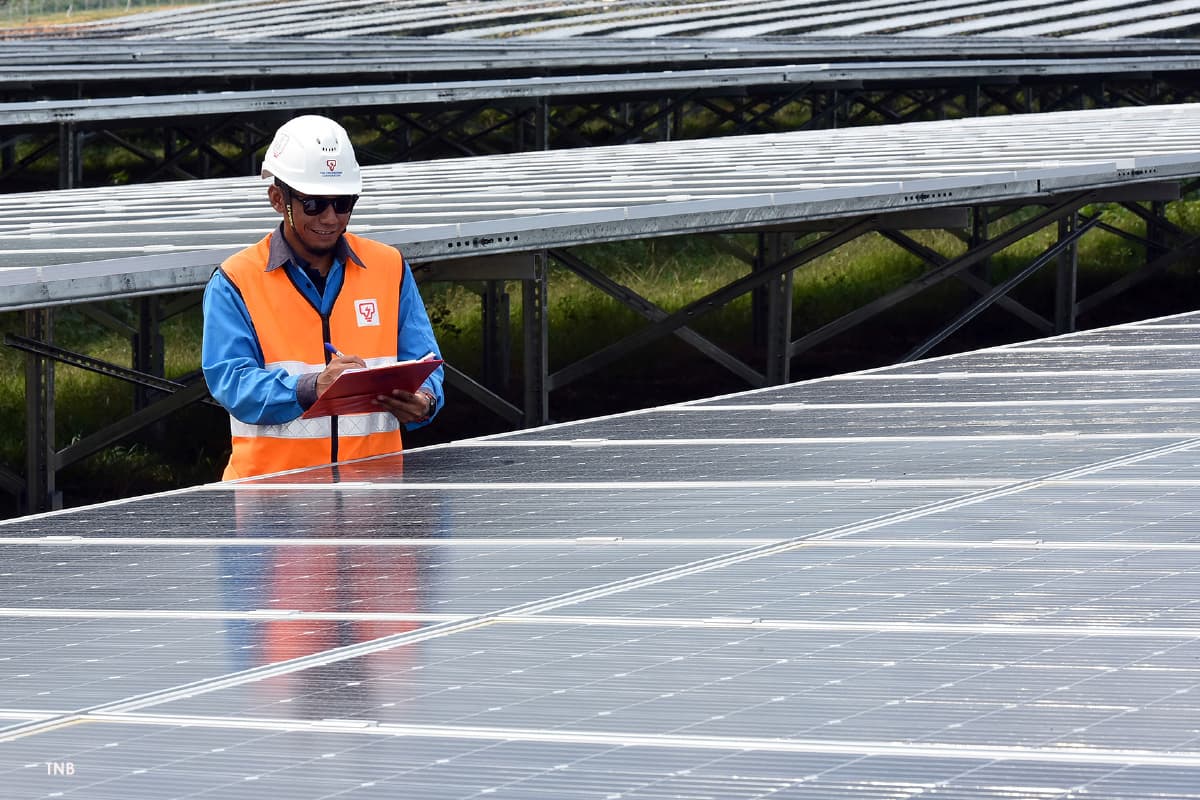
This article first appeared in The Edge Malaysia Weekly on March 22, 2021 - March 28, 2021
THERE was a rush to install solar panels on commercial premises last year, as rumours started circulating that the government would no longer provide one-on-one credit for the Net Energy Metering (NEM) programme.
According to Steven Chiew, the founder of Next Energy, the rush for the rooftop segment at the end of last year was because the quota for NEM2.0 had almost been taken up. A lot of businesses wanted take advantage of the one-on-one credit benefit as it has been proven to reduce electricity cost.
“Towards the end of last year was quite good for us ... a lot of people wanted to take advantage of NEM2.0 before it was ended. That shows how good the programme was,” says Chiew, when contacted by The Edge.
Under the National Renewable Energy Policy, the government has set a target for renewable energy (RE) to contribute to 20% of the country’s electricity generation capacity by 2025. The current level is around 7%, which means there is still a long way to go.
The NEM, introduced in November 2016, was aimed at encouraging the installation of solar PV panels to increase the share of RE to electricity generation capacity.
The government allocated a 500mw quota up to 2020 under the NEM. In the original scheme, energy produced from solar PV installation would first be consumed, and any excess exported to Tenaga Nasional Bhd at the prevailing displaced cost.
To encourage NEM uptake, the government introduced NEM2.0 in January 2019, in which excess solar PV generated energy could be exported back to the grid on a “one-on-one” offset basis.
Under NEM3.0, which runs from 2021 to 2023, the government extended the one-on-one credit offset scheme to domestic consumers, ministries and government agencies.
However, for commercial premises, the Net Offset Virtual Aggregation (NOVA) programme was introduced. Under NOVA, the government allocated a 300mw quota for commercial premises and industries, but the credit offset is based on the marginal price.
According to Datuk Guntor Tobeng, the founder and managing director of Gading Kencana Sdn Bhd, NEM Rakyat (NEM3.0) could provide up to 50% savings on monthly electricity bills for domestic consumers.
He says the government should also extend the one-on-one offset benefits for commercial premises under NOVA, so that more of them would be attracted to install solar panels, which can then contribute towards the target of 20% RE capacity mix by 2025.
“The one-on-one benefit is very attractive to commercial premises. Now that the government will no longer offer the one-on-one benefit to them, it might be harder to attract the businesses to install solar panels,” says Guntor when contacted.
Gading Kencana is an energy service company that also installs solar panels, and owns and operates an LSS (large-scale solar) project awarded during the first round of the programme in 2016.
Save by subscribing to us for your print and/or digital copy.
P/S: The Edge is also available on Apple's AppStore and Androids' Google Play.